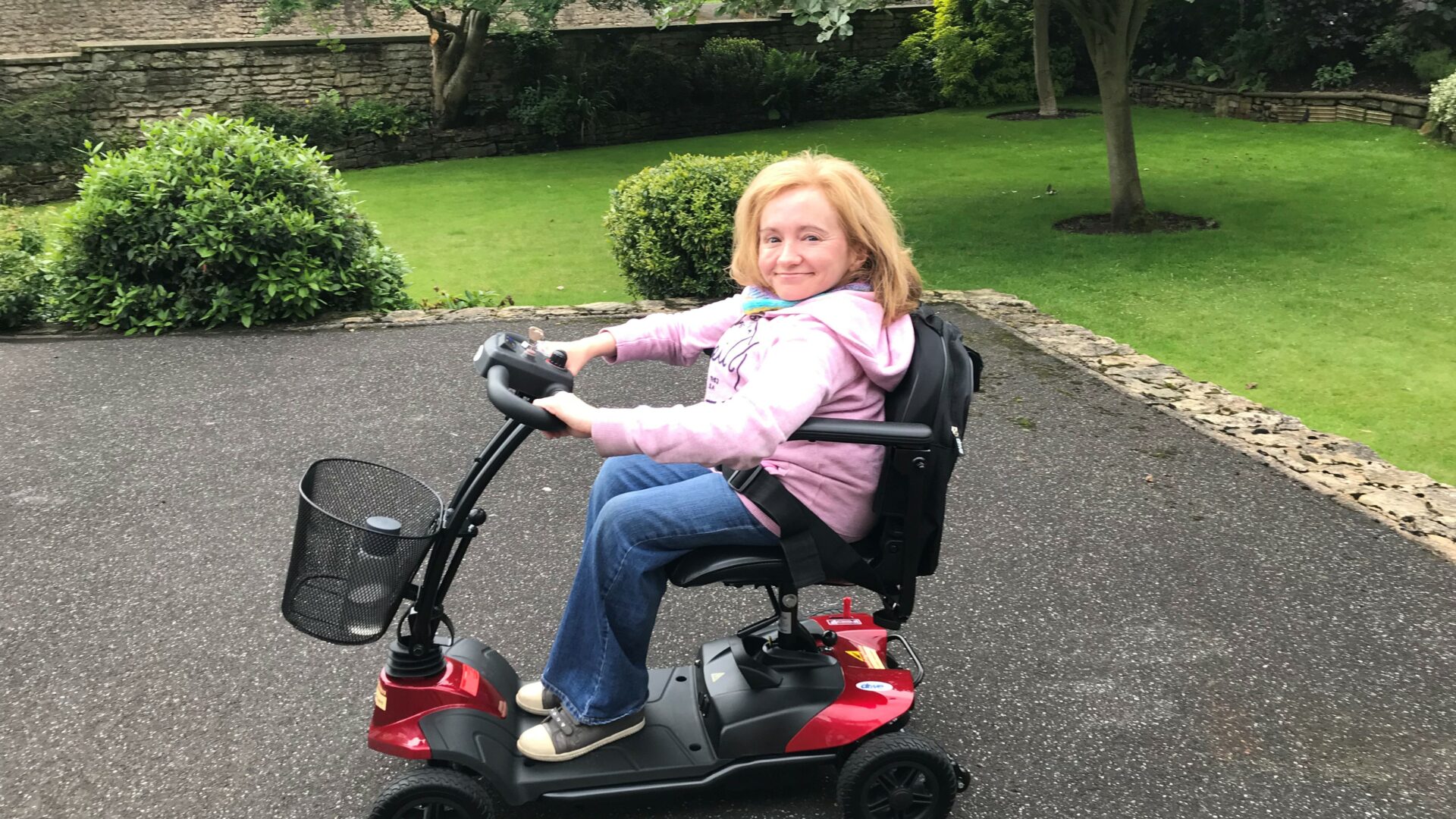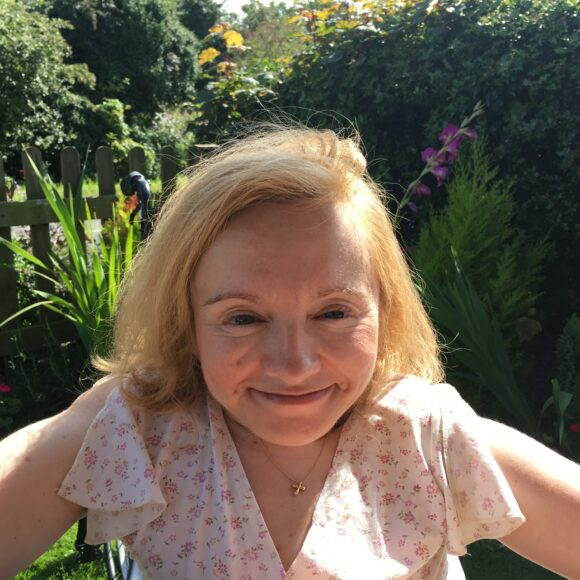
Inspired By Nature: Penny Batchelor
-
Date posted: 26/08/2021
-
Time to read: 10 minutes

Penny Batchelor
Unlike many of her contemporaries, thriller writer Penny Batchelor doesn’t use nature and the outdoors for inspiration. It’s where she goes to calm a mind full of ‘plots and characters and stories’. She explains the part the British countryside and the National Parks in her native Yorkshire have played in her life and work, as well as the changes she’d like to see to help people like her enjoy more access.
With the publication of her second novel, Her New Best Friend, co-running the Thriller Women blog and appearing at online literary festivals, August 2021 will be a busy month for Penny Batchelor.
But that won’t stop her making time to enjoy the benefits of nature, which she’s done since she was a child, getting out with her family into the Yorkshire Dales and the Peak District National Parks.
Although she has a genetic condition which means her bones break too easily – ‘I have to wear a seatbelt when I’m in my wheelchair because I was accidentally tipped out and broke my leg as a child’ – Penny has always taken the opportunity to be outdoors.
‘I grew up in Doncaster in South Yorkshire – that’s the more industrial part of the county – but we’d get out to the Yorkshire Dales and North York Moors National Parks,’ she says.
An observant child, Penny quickly noticed the differences between natural areas and the more built-up one she came from. ‘The Dales have a typical English heritage with beautiful old stone walls and I always remember the smell of the muck-spreading on the farms – you don’t get that in Donny!’ she laughs.
As a six-year-old she was carefully carried down the Peak District’s fabled Blue John Cavern by her father, so she could experience the feeling of being in nature, underground. ‘I couldn’t walk then and I’m not sure how my dad did it but I know he didn’t want me to miss out,’ she says.
Her childhood saw her spending many months in hospital, recovering from fractures. ‘It meant that getting out and about, when I could, became very important to me. For me, being out in nature is freedom, it means not being indoors, seeing wide open spaces and not seeing buildings everywhere.’
The other effect of her long hospital stays was to nurture her calling as a writer as she entertained herself by making up stories about people. After graduating, Penny started working for the BBC then edited the website for the General Teaching Council of England. She now writes full-time.
Her first novel, My Perfect Sister, a domestic noir tale about family life, was nominated for a writing award, which spurred her on to write her second, about a sinister woman who insinuates herself into a young mother’s life.
‘When you write, your life is full of “what ifs”,’ says Penny. ‘“What if that person is really a spy?” or “Why does that family look as if no one is speaking to anyone else?”.’ This, coupled with the need to create dark plots and characters means she uses her time in nature to calm and rejuvenate her active mind.
‘My mind is constantly on the go with plot ideas,’ she admits. ‘But being in nature gives me the chance to breathe and quieten my mind. It allows me to just concentrate on what I’m seeing and hearing and switch off.
‘When I’m out I won’t be looking at the clock, or my emails, just enjoying the sunshine or the smell of cut grass or the scent of flowers,’ she says. ‘I’ll notice the breeze on my face, the rustle of the leaves in the trees. Sometimes it does give me a good idea for a story but really, for me, it’s just the quiet.’
She was advised to shield during Covid but once or twice a week her husband, Chris, would take her out from their Warwickshire home with a mask on, in her wheelchair. ‘It was wonderful being able to breathe fresh air,’ she says, ‘but not like being in the proper countryside.’
However, as Penny points out, because she must use a wheelchair there are a string of considerations that she’d like to see addressed. ‘I’d love to see National Parks and the countryside do away with gravel and woodchip surfaces on trails – they are the bane of wheelchair users’ lives!’ she says.
She’s also a keen advocate of placing disability information clearly on a website. ‘You can plan so much better for the journey if you know what the facilities are and where they’ll be, it allows you to enjoy it more.’
The reasons for this are simple, she says. ‘It’s really important for wheelchair users to be able to have the choice to get into nature. Being in the natural world is incredibly beneficial for all of us, whether it’s to know more about the country we live in or see beautiful landscapes and learn more about history. I think it benefits everyone to get out of their daily routine.’